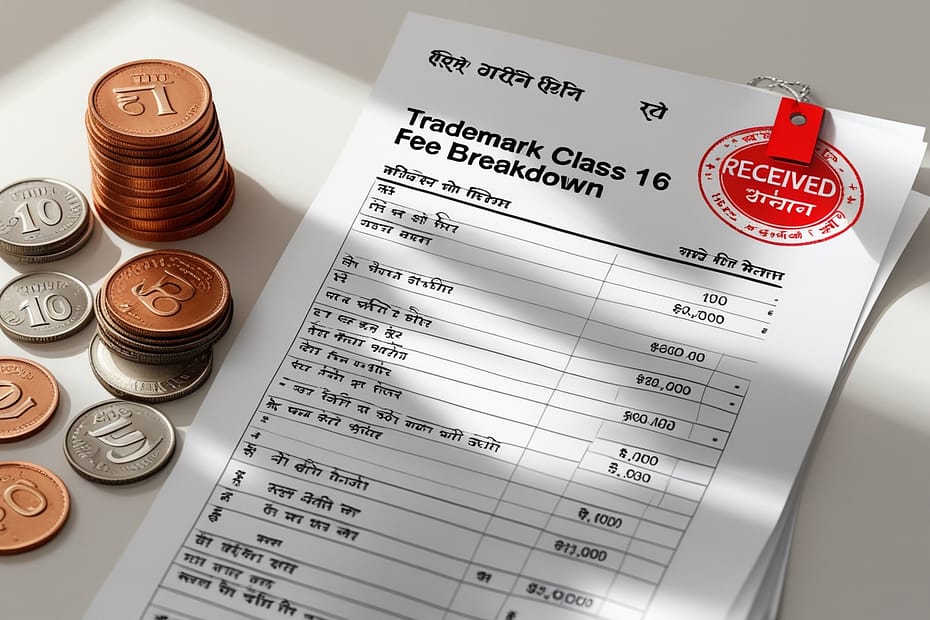How Class 16 Trademarks Safeguard India’s Book and Stationery Brands
In India’s fast-growing educational and creative markets, book publishers and stationery brands have become household names. From exercise notebooks and art supplies to textbooks and packaging paper, businesses in this industry play a vital role.… How Class 16 Trademarks Safeguard India’s Book and Stationery Brands


